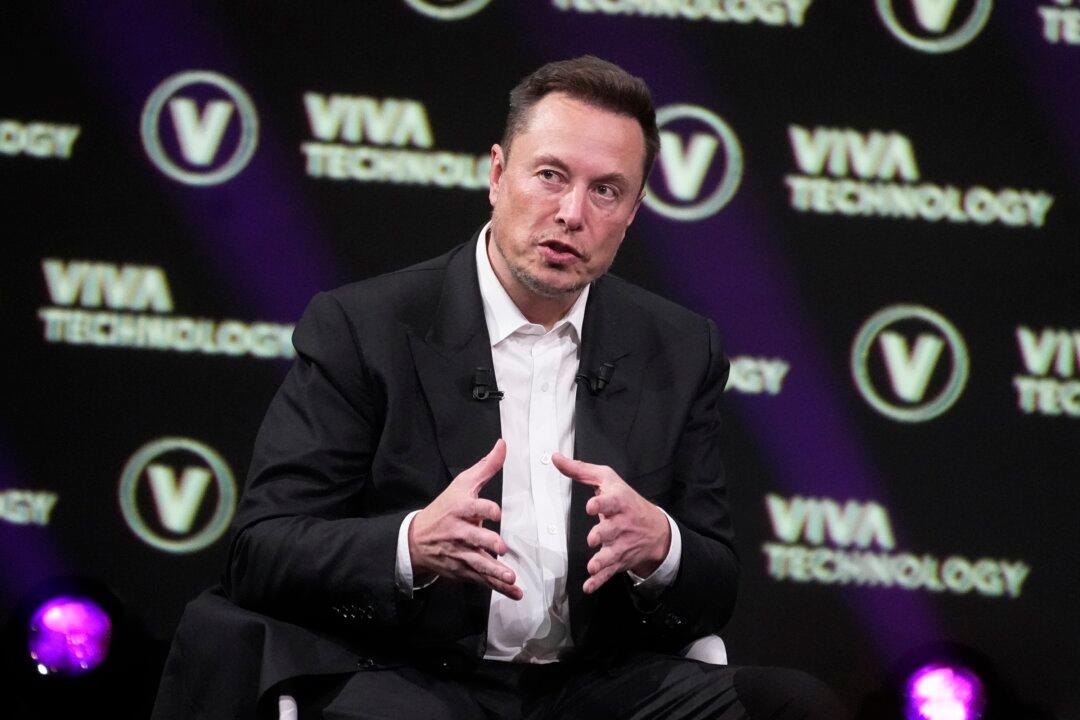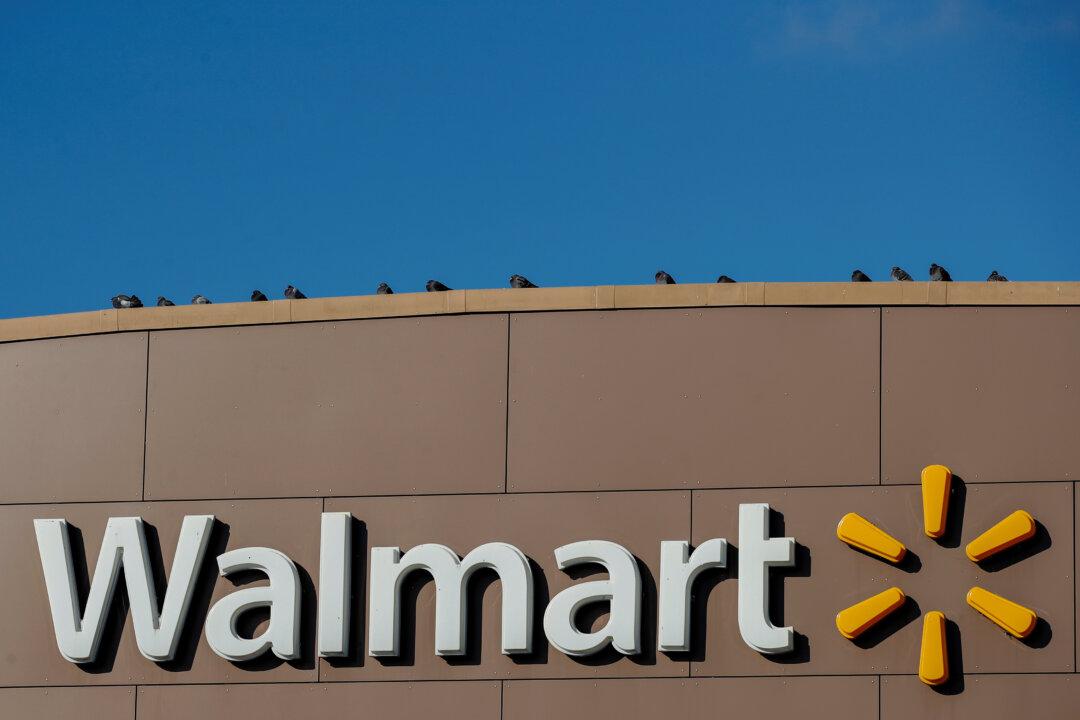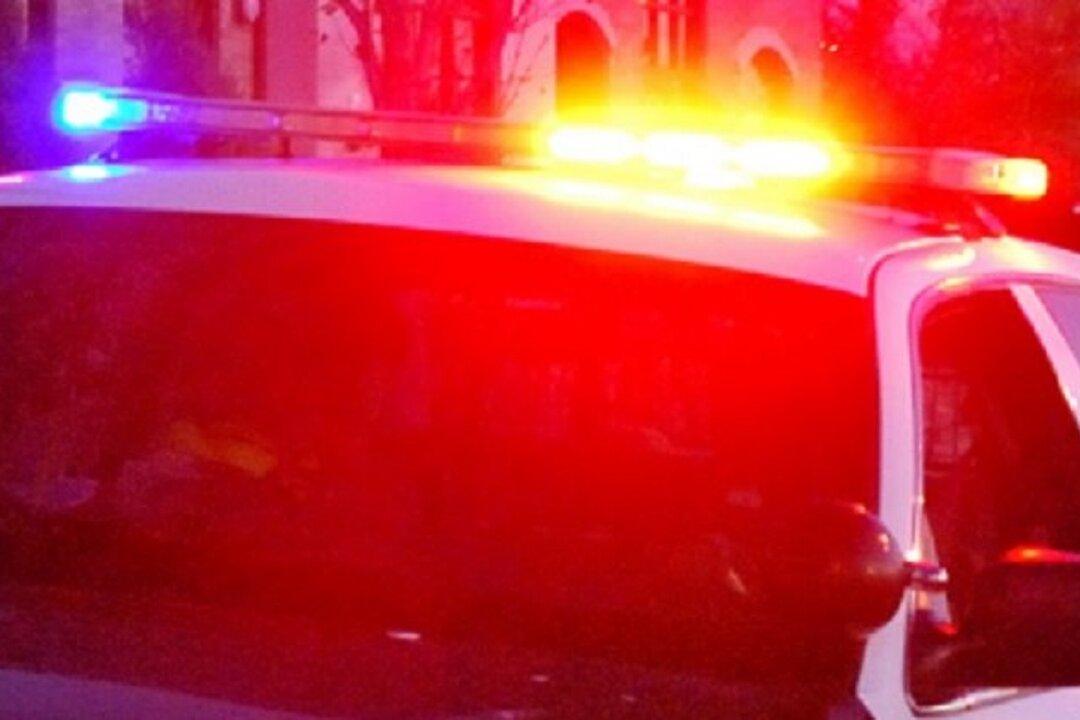Social media platform X, formerly known as Twitter, is now charging a $1 annual fee to new users in New Zealand and the Philippines, in a move to combat spams and fake bots.
The company said Tuesday it has started to test a new subscription model for new and unverified accounts for basic features. Existing users won’t be affected.




